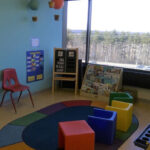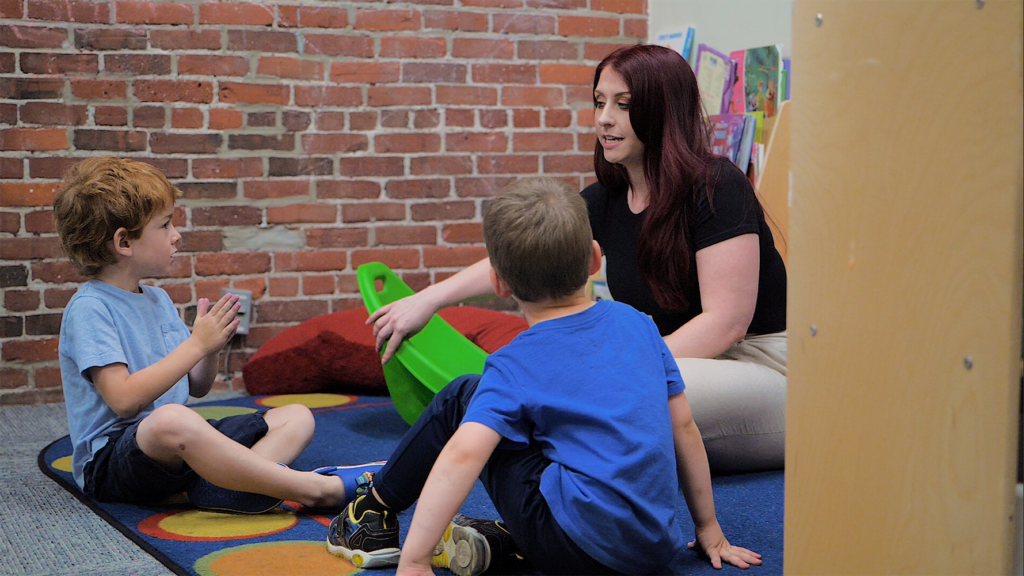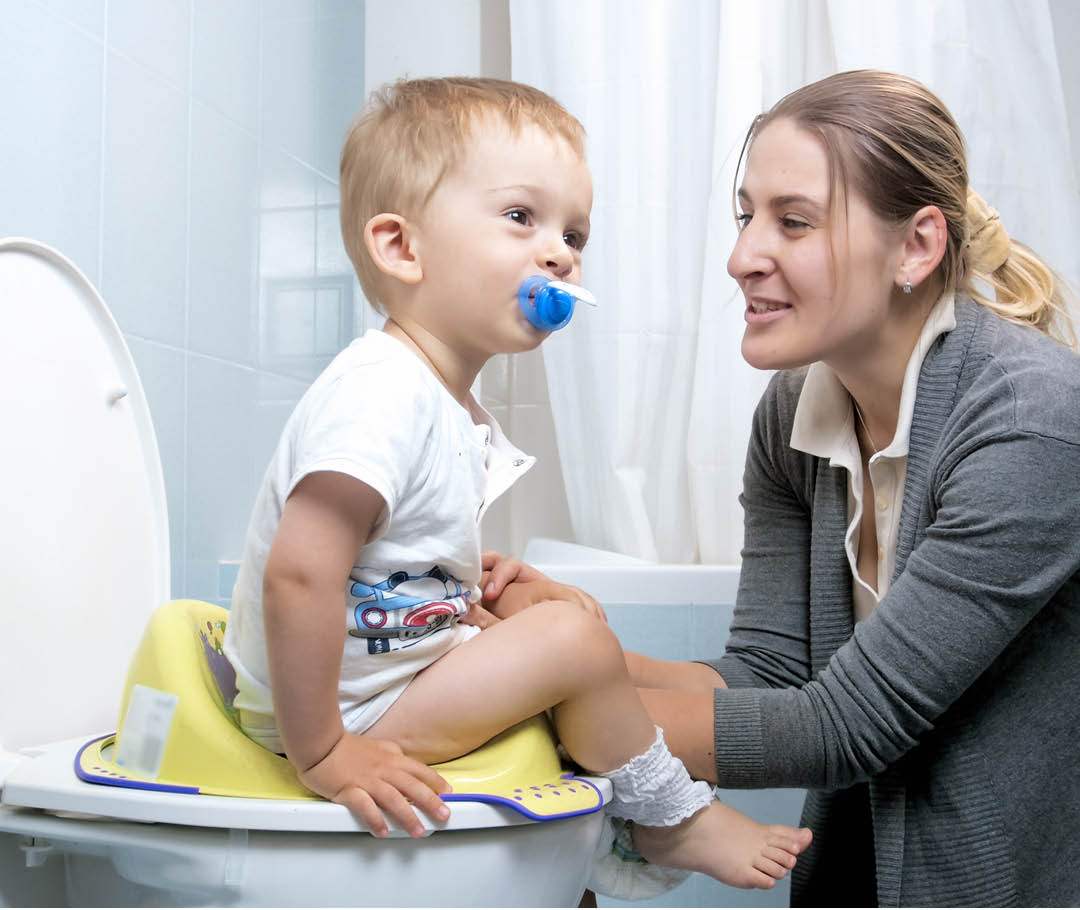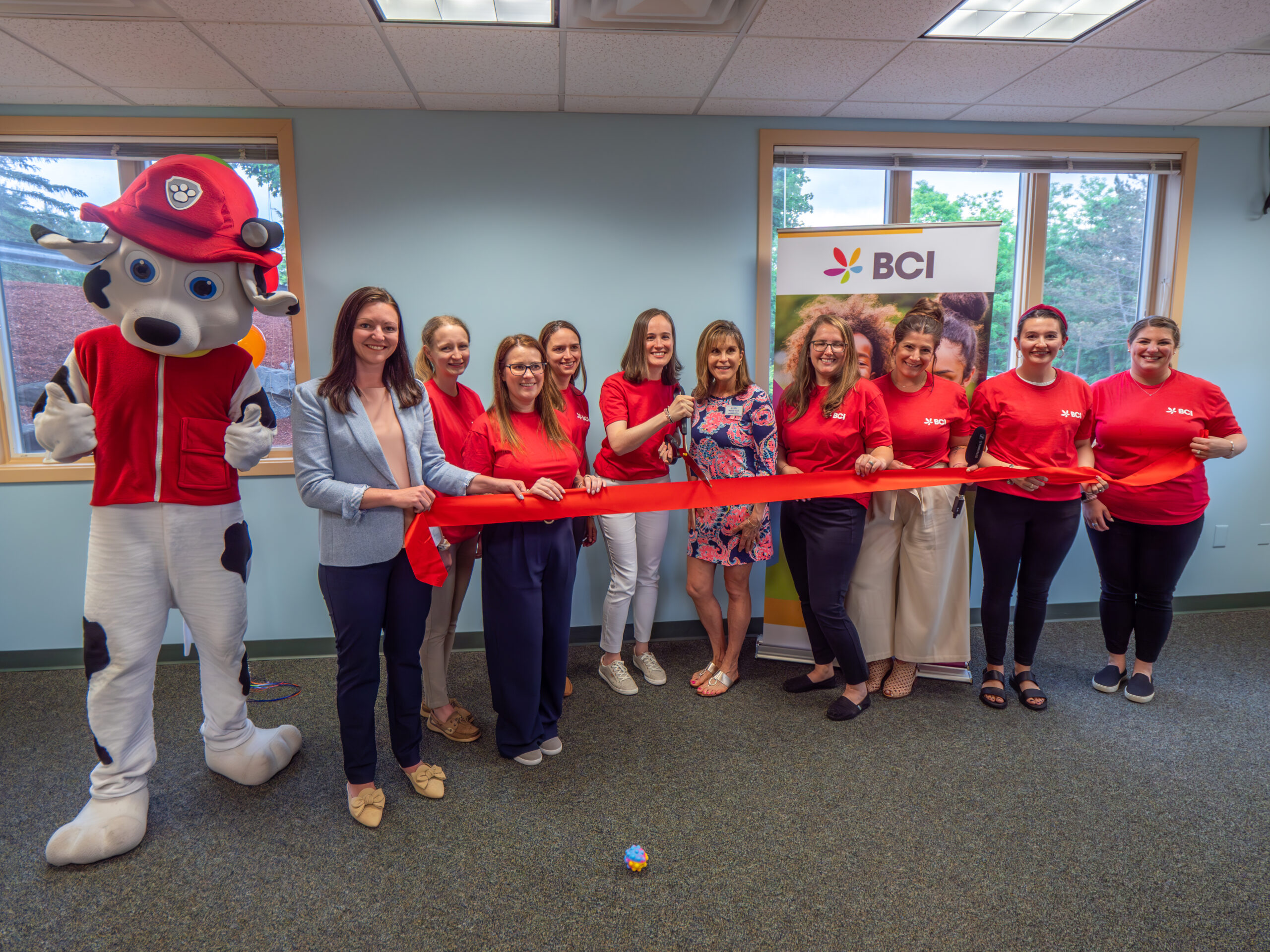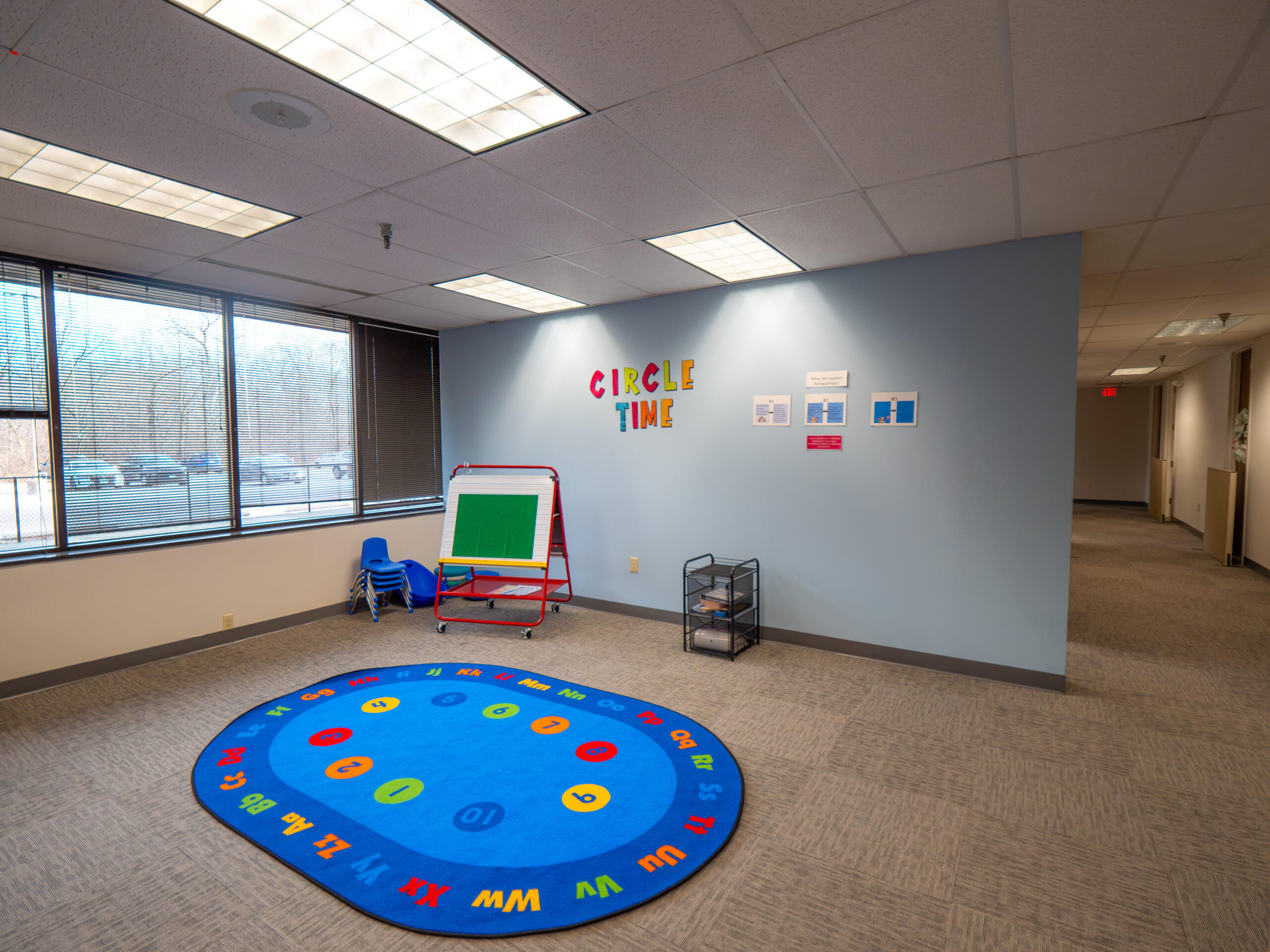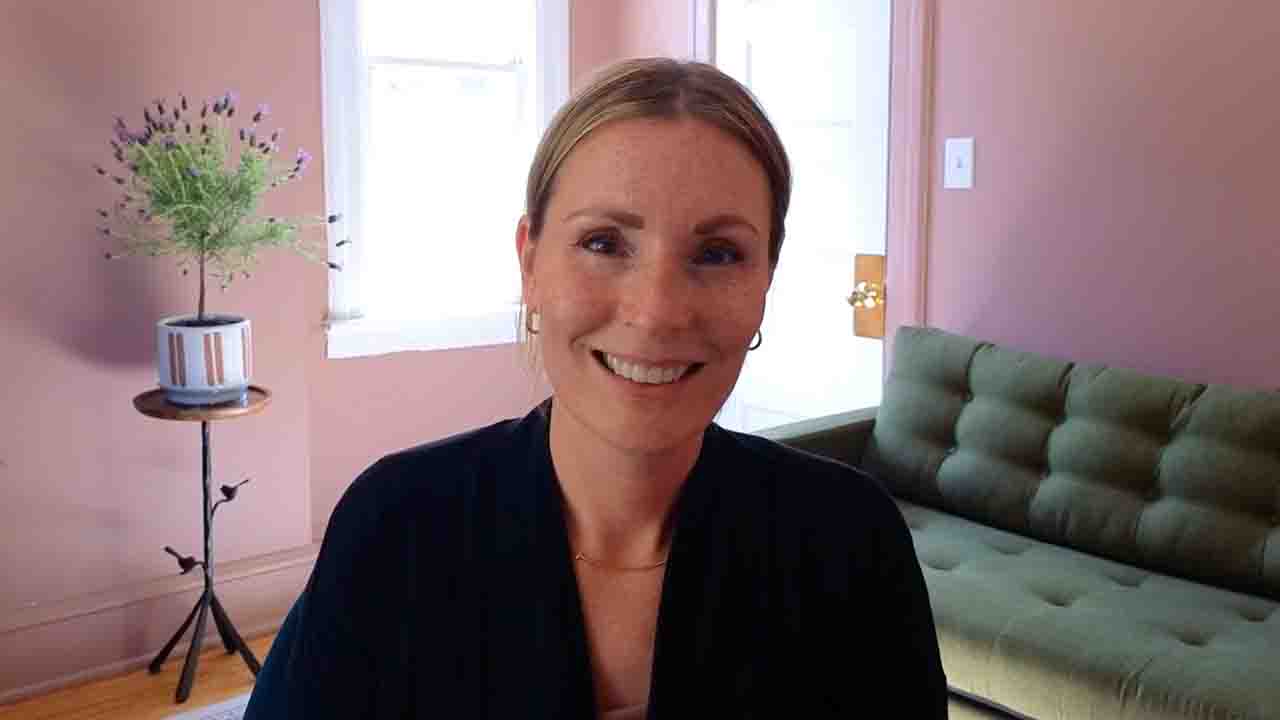Potty training, toilet training, toileting… whichever term you use, tackling these skills can be a big deal for kids and their parents. Children with autism spectrum disorder (ASD) are often delayed at the age of successful toilet training, even when compared to children with other developmental disabilities. The average age in which a child is successfully toileting was 3.3 years of age for children with autism in comparison to 2.5 years of age for children with other developmental disabilities (Williams, Oliver, Allard, & Sears, 2003).
Extended use of diapers may diminish personal hygiene, self-confidence and increase physical discomfort, stigmatism, risk of problems later with bladder control and restrict participation in social activities (e.g., camp, after school program, etc.). Extended diaper use for children with autism is also problematic because these children may become so accustomed to using a diaper that they often demonstrate resistance to toilet-training procedures and will prefer to wait for a diaper in order to void (Tarbox, Williams, & Friman, 2004). Teaching independent toilet skill can improve the quality of life for children with autism and their families. Families will definitely benefit from the decreased costs of purchasing diapers, their children will feel empowered to address their physical needs independently all while decreasing the risk of complications associated with extended diaper use.
Before beginning toilet-training procedures, caregivers should check with their child’s doctors to rule out any medical conditions that may prevent their child from being successful with a toilet training program. Upon getting medical clearance, the next step will be to determine whether their child is showing signs that they are ready for toilet training. The following questions will assist with this step:
- Does the child act differently or seem to notice when diapers or clothing are wet or soiled?
- Does the child show any interest in behavior related to the bathroom, toilet, hand washing, dressing, undressing or related tasks?
- Does the child show an interest in seeing other people involved in activities or with objects related to toilet training?
- Does the child stay dry for at least 2 hours during the day or does his/her diaper stay dry after naps?
Each child and family is unique; therefore, the toilet training procedure needs to be designed to specifically fit the child and his/her family’s needs. Generally, caregivers and their clinician should identify and agree upon the child’s preferred mode of communication to best indicate when they need to use the restroom. This can be a specific word or phrase (e.g., “Potty”, “I need to use the toilet”, etc.) or it can be as simple as a hand signal or the presentation of an image of a toilet. To increase the potential for success, caregivers should have a preferred item or activity available (e.g. special snacks, video, etc.) and present it as a reward the moment that their child successfully voids in the toilet. This item should be reserved only for toilet training. The child should also receive lots of praise and high fives when he/she stay dry for a specific duration of time.
Going from using a diaper to using a toilet can be a big change and is extremely difficult for lots of children. If your child has a hard time with transitions, a picture schedule may be a helpful tool to remind him/her of what task are needed to complete the toileting routine. Some things to remember: make sure to have plenty of extra underwear and clothes, a comfortable potty chair, a timer, your child’s favorite drinks, and a positive attitude!
Toilet training may be a lengthy process and require a lot of patience. This is a big commitment but the payoff will be huge! Make sure to consult with your behavior analyst along the way to ensure the procedure is clear and is tailored to your child and family needs.






